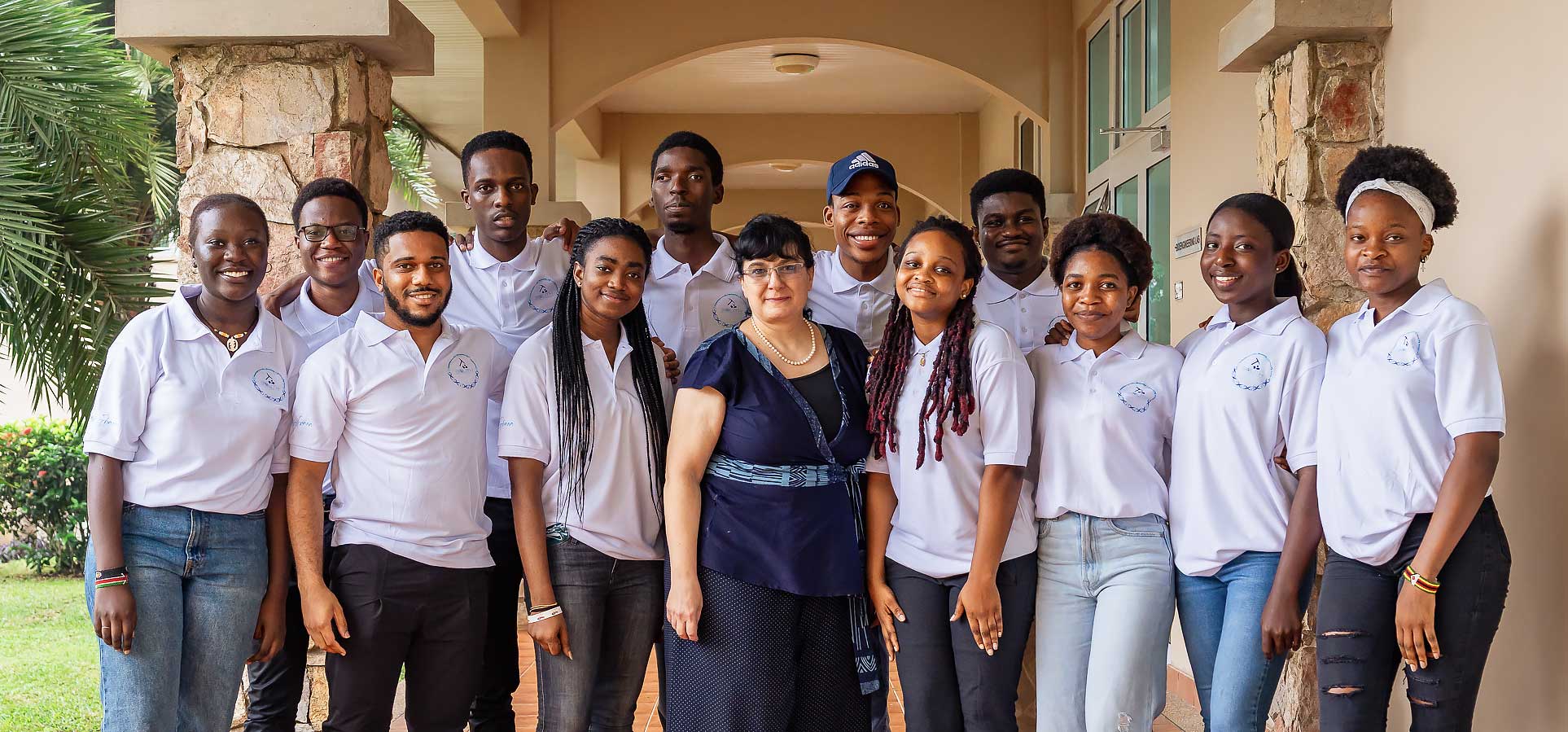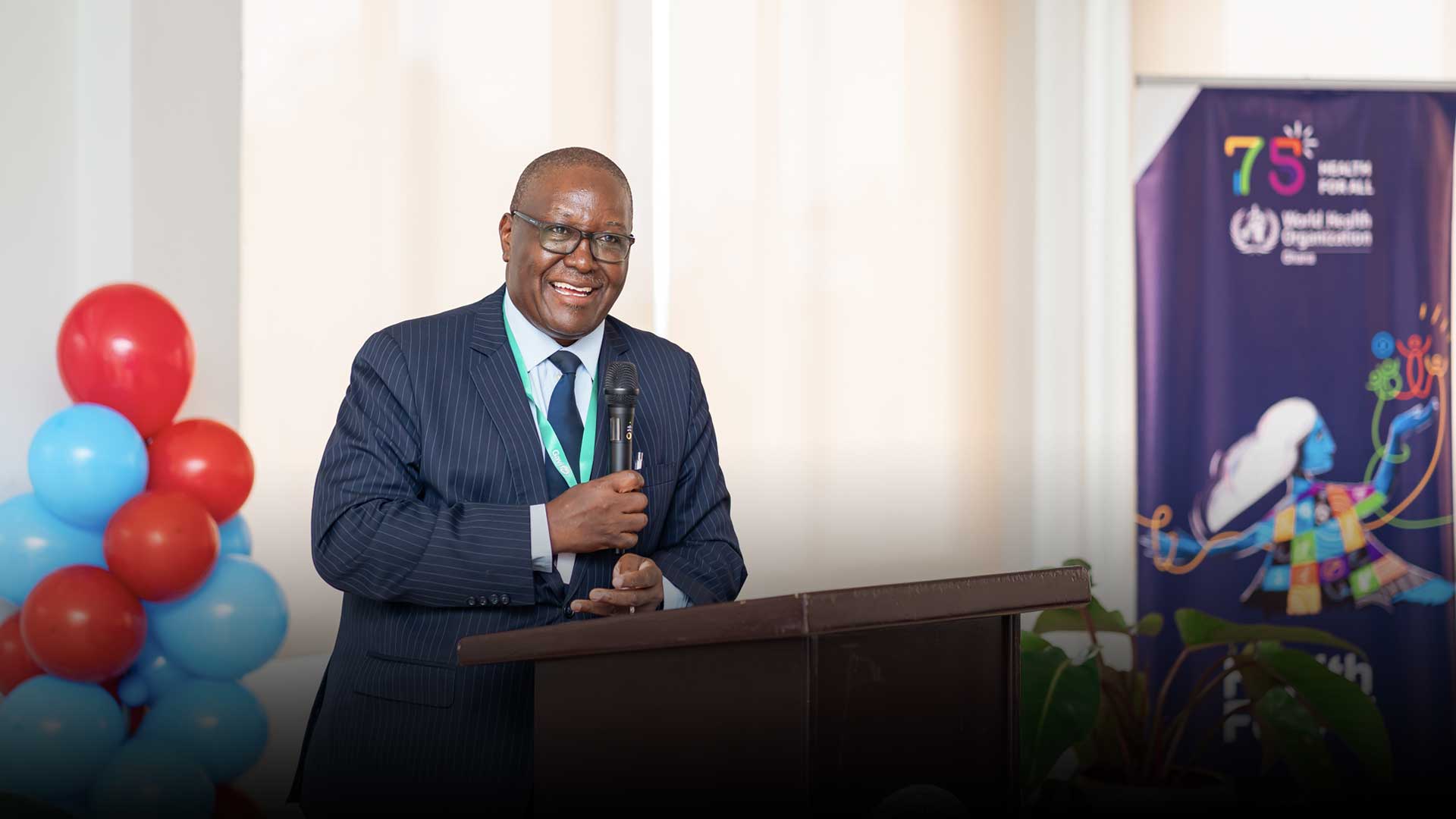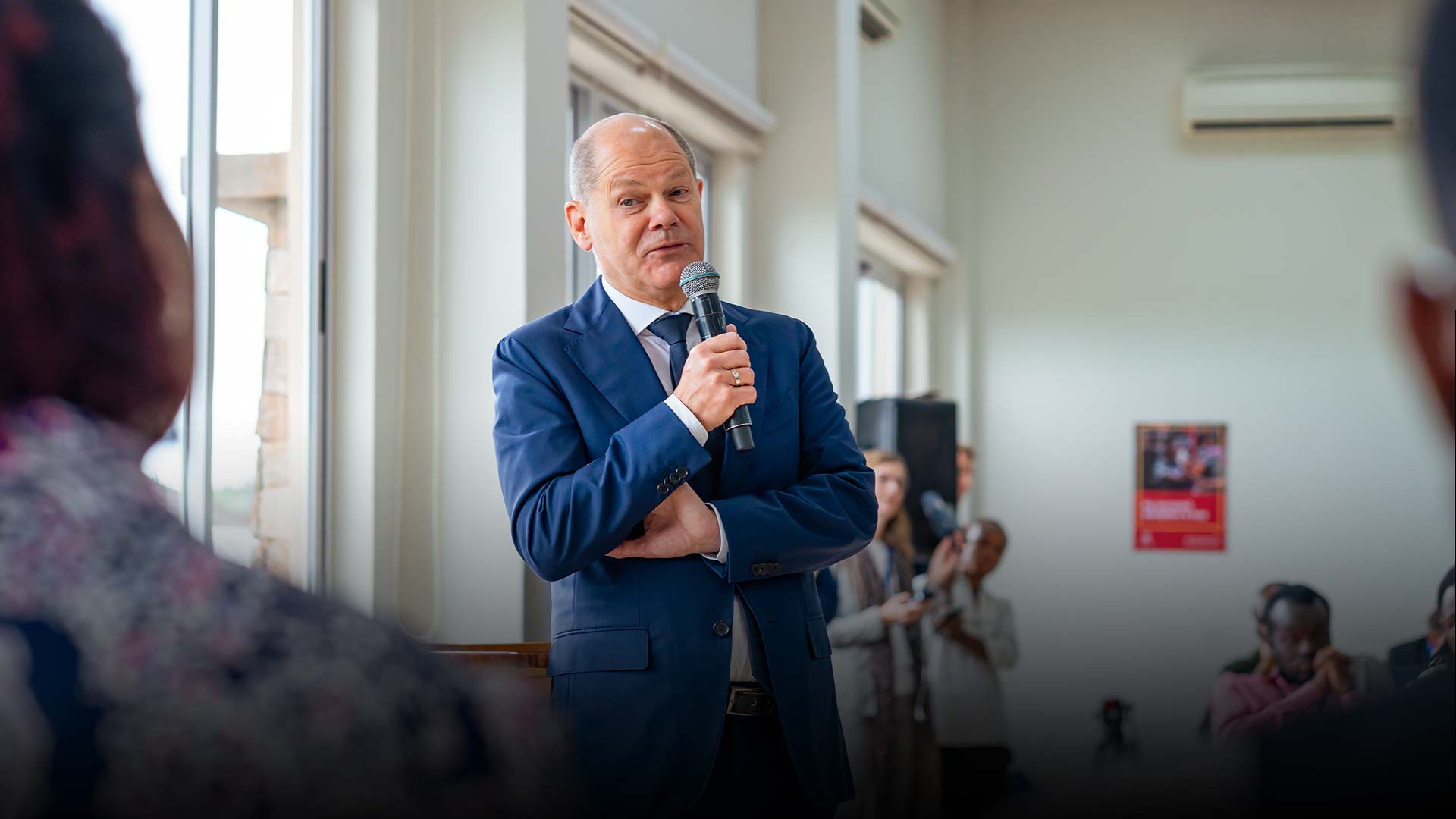In Summary:
- Ashesi's Biolith team won gold at the 2023 International Genetically Engineered Machine (iGEM) competition in Paris, France. The team's applied research project uses bacteria-based technologies to detect, extract, and recycle lithium sustainably and efficiently.
- This is Ashesi's first gold in iGEM, building on previous successes with Biolith being the fourth team to participate.
- The win highlights Ashesi's expanding focus on synthetic biology, which has led to plans to introduce a new Bioengineering undergraduate program in 2024.
Read More
December 8, 2023, Paris, France. - An Ashesi student team, Biolith, received a gold medal at the 2023 International Genetically Engineered Machine (iGEM) competition in Paris, France, this November. The team's applied research project uses bacteria-based technologies to detect, extract, and recycle lithium sustainably and efficiently. It aims to reduce the environmental impact of lithium extraction and promote responsible resource management.
Biolith, the fourth team from Ashesi to participate in the competition, is the first to win a gold medal, with previous teams winning silver and bronze medals. The Ashesi team comprised Nana Adwoa Newman '23, Mohammed Elmir '24, Netanya Anila Bhakta '24, Martha Chaitezvi '25, Marvellous Chapfura '25, Charlton Mandaza '25, Daniel Byiringiro '25, Tendai Terrence Machaya '25, Anne Alwala '25, Vera Honam Antonio '26, Maxwell Nyimbili '26. In addition to winning gold, the Ashesi team ranked in the top 10 in Entrepreneurship and biomanufacturing.
The iGEM Competition is an annual, worldwide synthetic biology event aimed at undergraduate and graduate students and high school students. The competition allows students to push the boundaries of synthetic biology by tackling everyday issues facing the world. Teams that receive a gold medal must demonstrate engineering success in a technical aspect of their project and provide evidence of how their work is responsible and good for the world, among other criteria. Biolith's award-winning research project comes on the back of Ghana greenlighting its first lithium mine, a discovery that the team hopes will not impact Ghana as unlicensed small-scale gold mining has. 
"Lithium's economic advantages make it highly sought after, but conventional geophysical mining methods present significant risks to the environment and nearby communities," the team shares on a wiki page about their research, which builds on research from Ashesi's 2022 iGEM team. "Our method involves genetically engineered fluorescent E. coli bacteria with an affinity for lithium ions. By creating a multi-coloured lithium biosensor using these bacteria, we can detect and indicate the different intensities of lithium ions in the soil. Additionally, we will culture bacteria capable of extracting lithium from the regolith. This biological technique aims to mitigate the negative impacts associated with conventional mining practices and reduce the duration of land reclamation."
Ashesi's participation in IGEM dates back to 2017, with the first student team winning two awards. Ashesi's Engineering department now plans to introduce a new undergraduate programme in Bioengineering in 2024 as a result of the growing interest in synthetic biology.
"Our participation in IGEM has opened up opportunities for international collaboration and has given our students a global understanding of science," shared Dr Elena Rosca, Head of Ashesi's Engineering Department and patron for IGEM teams. "The participation in IGEM has also helped our students gain admission into graduate programs like Johns Hopkins and Georgia Tech."




